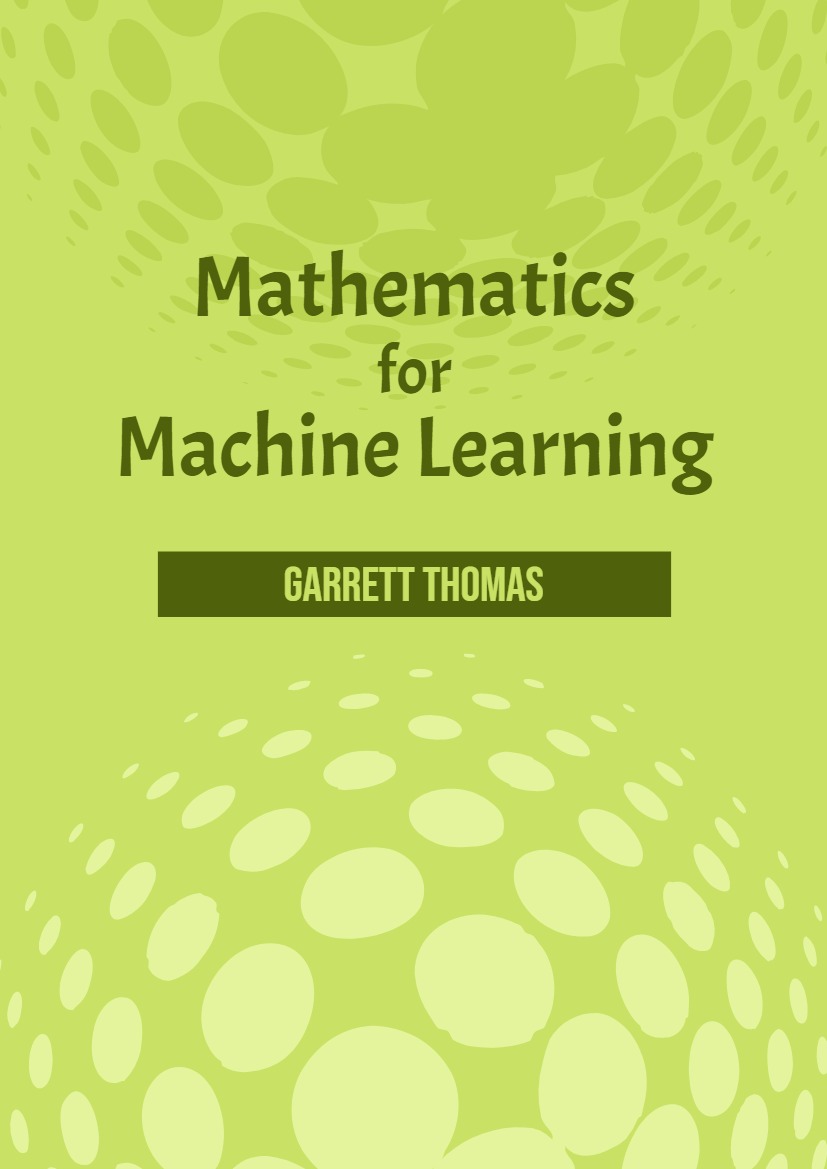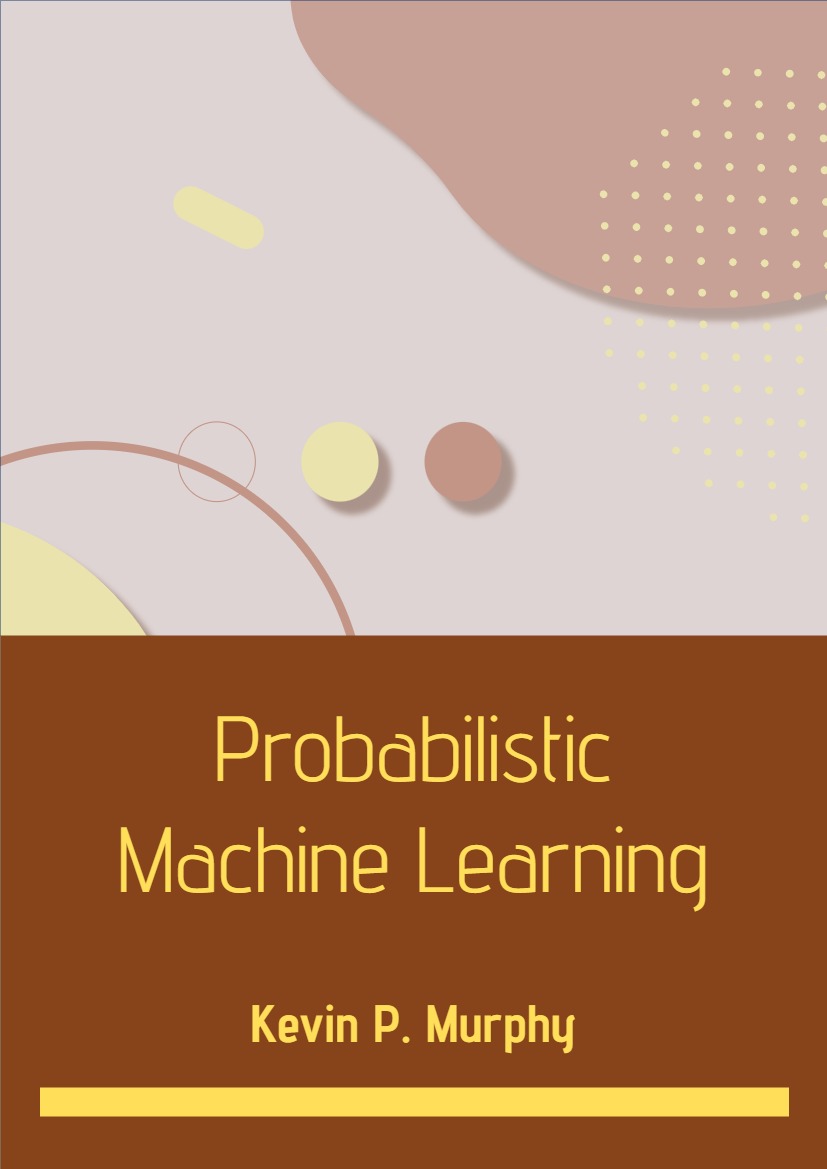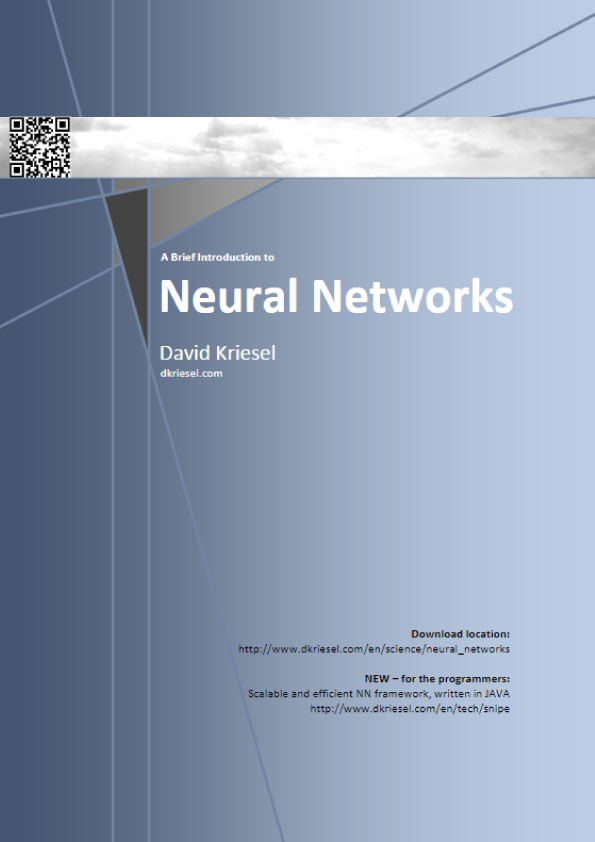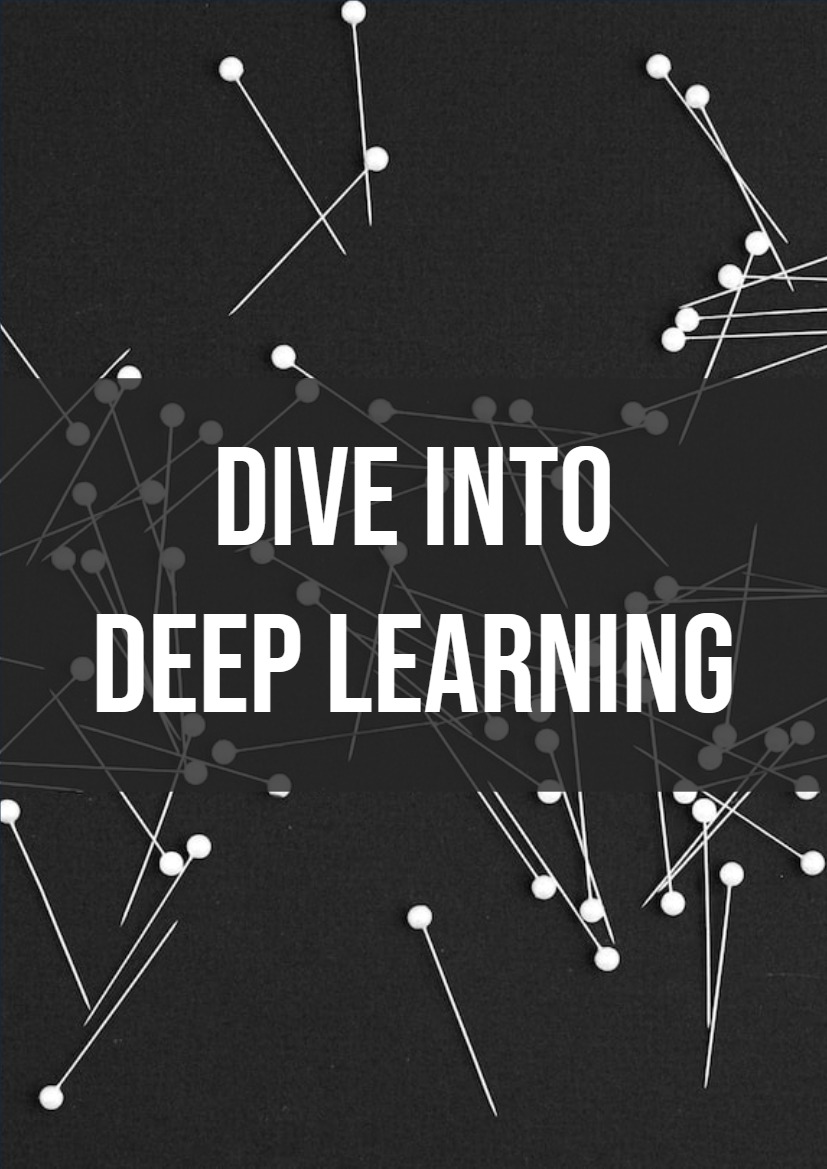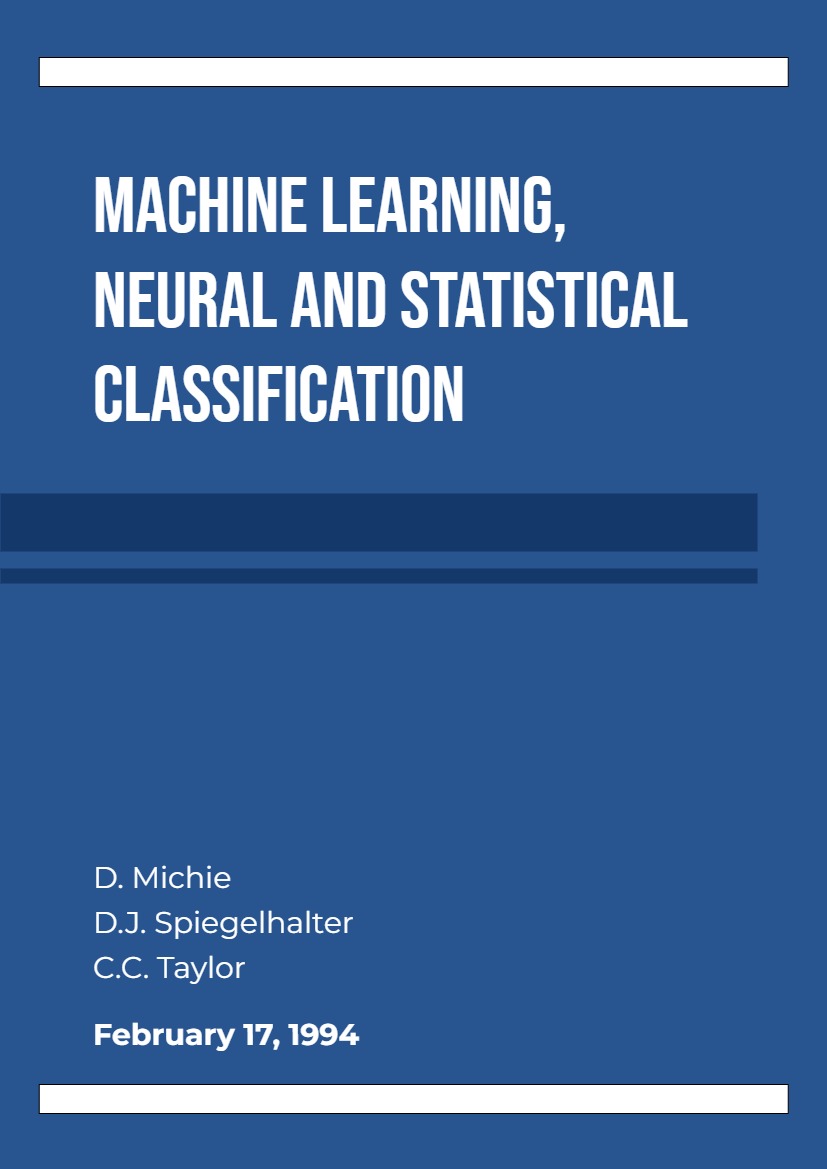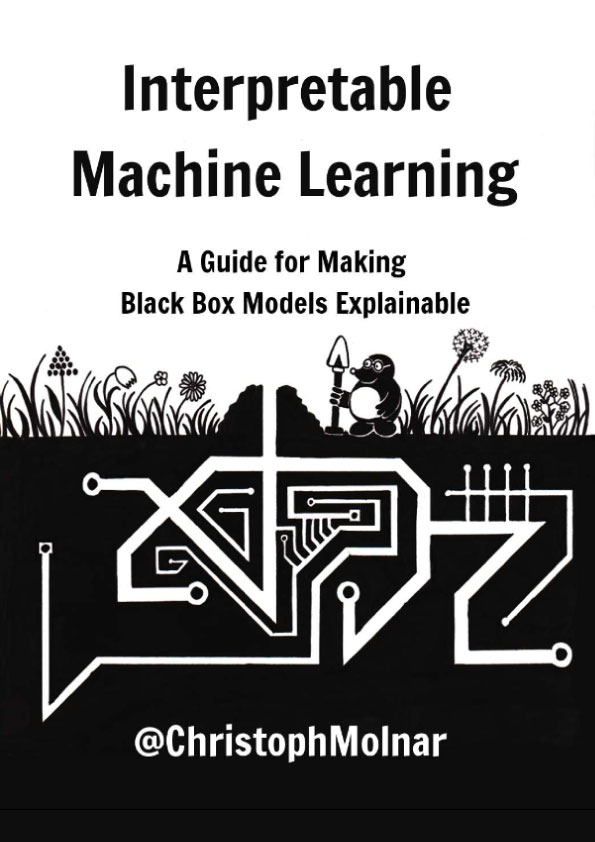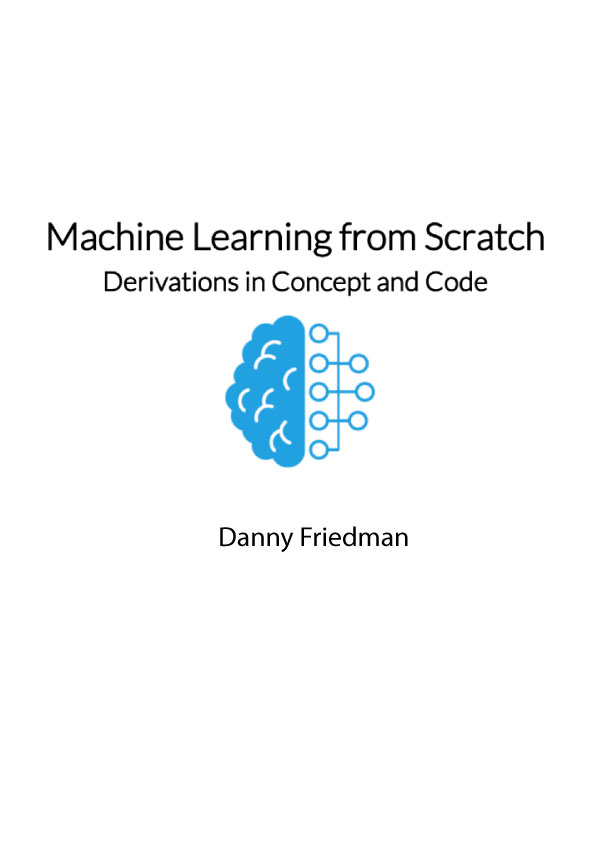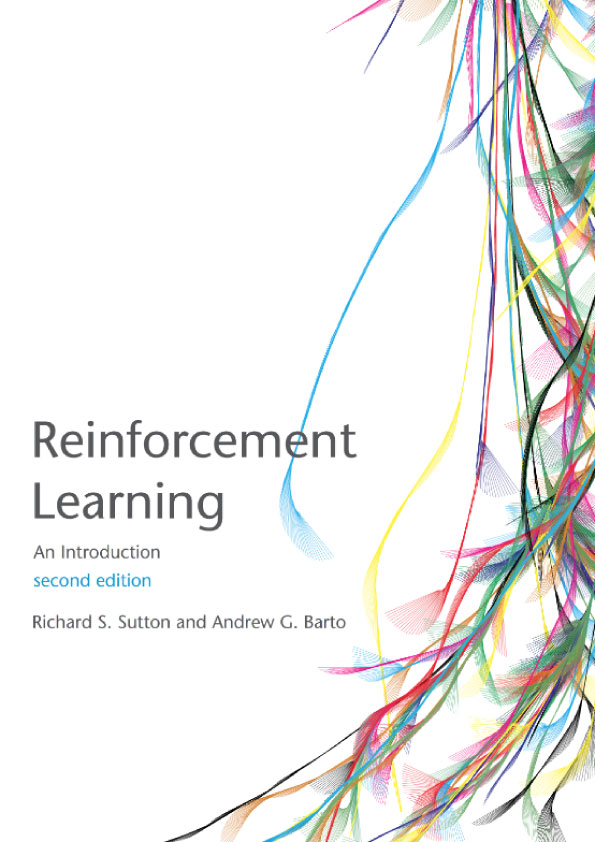Mathematics for Machine Learning is a foundational course that covers topics such as matrix algebra, eigenvalues and eigenvectors, vector calculus, probability distributions, conditional probability, Bayes’ theorem, and random variables, among others.
By understanding the mathematical concepts behind machine learning algorithms, students will be better equipped to develop and apply machine learning algorithms in various fields, such as natural language processing, computer vision, robotics, and finance.
Here are 2 examples of them:
Linear Algebra:
Linear algebra is a branch of mathematics that deals with linear equations, matrices, and vectors. In the context of machine learning, linear algebra is used to represent and manipulate data, such as images, text, and sound. Linear algebra is essential in machine learning because many machine learning algorithms are based on matrix and vector operations.
For example, in supervised learning, where the goal is to predict a target variable based on input data, linear regression is a common algorithm. Linear regression uses linear algebra to find a line or plane that best fits the data, and the equation of that line or plane can be used to predict the target variable.
Another example is principal component analysis (PCA), which is an unsupervised learning algorithm that reduces the dimensionality of the data by finding the principal components that capture the most variance in the data. PCA is based on eigenvalue and eigenvector calculations, which are core concepts in linear algebra.
Probability:
Probability is the branch of mathematics that deals with the study of randomness and uncertainty. In the context of machine learning, probability is used to model and quantify uncertainty in data and to make predictions based on that uncertainty.
For example, in Bayesian networks, which are probabilistic graphical models used for reasoning under uncertainty, probability theory is used to model the relationships between variables and to update the probabilities of events based on new data.
In reinforcement learning, which is a type of machine learning where an agent learns to interact with an environment to achieve a goal, probability theory is used to model the probability of different actions leading to different rewards. The agent uses this probability to make decisions that will maximize its reward.
Learn more about Mathematics for Machine Learning in this book now!
